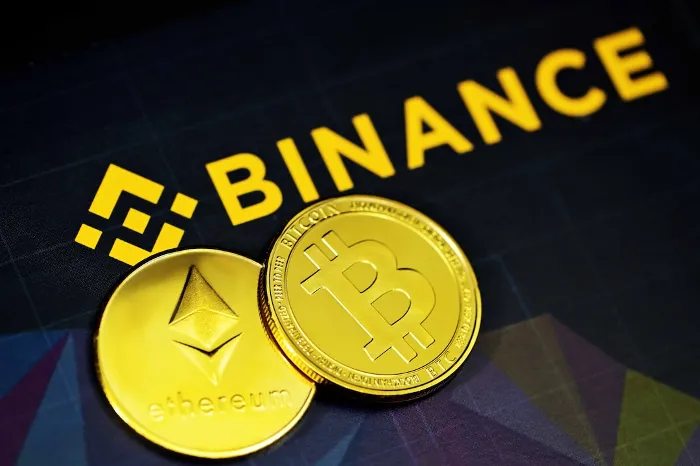Binance Guilty: CEO Resigns Amidst Landmark $4 Billion Fine

Binance CEO Steps Down
In a seismic shift within the cryptocurrency landscape, Binance, the global cryptocurrency giant, finds itself at the epicenter of a watershed moment. The company has officially admitted guilt, leading to the resignation of its high-profile CEO, Changpeng Zhao, and a monumental $4 billion fine. This unprecedented development stems from charges related to anti-money laundering and violations of US sanctions, thrusting Binance into the spotlight for all the wrong reasons.
The $4 billion fine, a staggering figure by any measure, marks one of the largest corporate penalties in the history of the United States. This financial blow underscores the severity of the charges against Binance, sending shockwaves through the crypto industry and beyond. The guilty plea encompasses allegations that Binance failed to prevent and report suspicious transactions, particularly those associated with terrorist organizations such as Hamas' al-Qassam Brigades, the Islamic State, and al Qaeda.
Changpeng Zhao, the charismatic and often controversial figure at the helm of Binance, is stepping down as part of the agreement. His departure signals a significant change in leadership, with Richard Teng, the current head of regional markets at Binance and former CEO of Abu Dhabi Global Market, slated to take over. Teng's appointment comes at a crucial juncture for the exchange as it navigates the aftermath of this landmark settlement.
The guilty plea reveals a stark reality: Binance, once hailed as the world's largest cryptocurrency exchange, has operated in what some describe as a "grey zone." The company's alleged willful negligence towards its legal obligations is a stark departure from the industry's ethos of transparency and compliance. Binance's failure to impede transactions exceeding $890 million involving Iranian customers, despite strict US financial sanctions against the country, is particularly damning.
This turn of events has prompted responses from key figures in the US government, with US Attorney General Merrick Garland stating, "Binance became the world’s largest cryptocurrency exchange in part because of the crimes it committed—now it is paying one of the largest corporate penalties in US history." The gravity of the situation is further emphasized by comments from US Treasury Secretary Janet Yellen, who pointed out that Binance's lapses allowed money to flow to terrorists, cybercriminals, and child abusers through its platform.
In addition to the legal ramifications, Binance faces a public relations crisis. Zhao, who in the past year responded to negative headlines with a dismissive "4" on social media platform X (formerly Twitter), finds himself at the center of a maelstrom of scrutiny. The Department of Justice (DOJ) investigation, though an open secret in crypto circles, has now laid bare the alleged misconduct, leaving Binance insiders anxiously awaiting charges and contributing to an atmosphere of what has been described as a "general sense of doom."
Richard Teng's assumption of the CEO role brings a fresh face to Binance leadership. Teng, a former financial regulator in the UAE, is reportedly a popular choice among Binance staff. His background and experience may play a pivotal role in reshaping the exchange's trajectory as it grapples with legal challenges and seeks to rebuild its tarnished reputation.
Despite its legal woes, Binance remains a dominant force in the cryptocurrency space, holding approximately 40 percent of the global market share. However, the company is not out of the woods yet. It faces two ongoing civil lawsuits in the US, filed by the Commodities and Futures Trading Commission (CFTC) and Securities and Exchange Commission (SEC). These lawsuits allege a range of violations, including the commingling of customer assets, anti-money laundering breaches, and the artificial inflation of trading volumes.
As the crypto community and financial regulators closely monitor the aftermath of Binance's guilty plea, the exchange's future hangs in the balance. The resolution of the civil lawsuits, coupled with ongoing efforts to strengthen compliance measures, will undoubtedly shape the narrative of Binance's post-scandal era. In the turbulent waters of the cryptocurrency industry, where trust is paramount, Binance faces the arduous task of rebuilding confidence and proving that it can operate within the bounds of the law.
